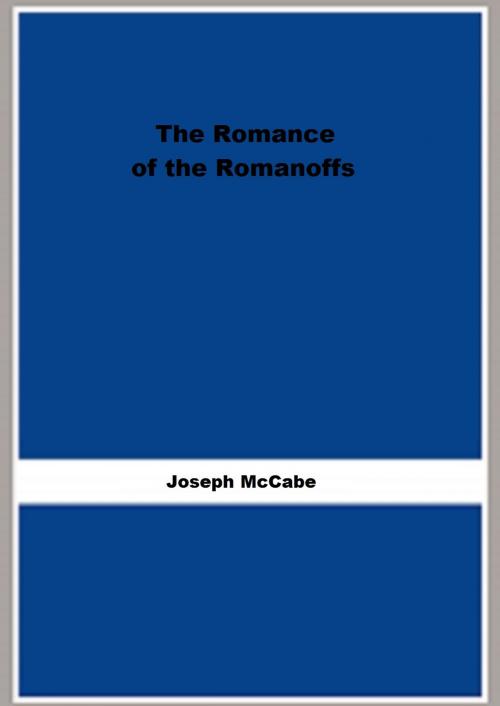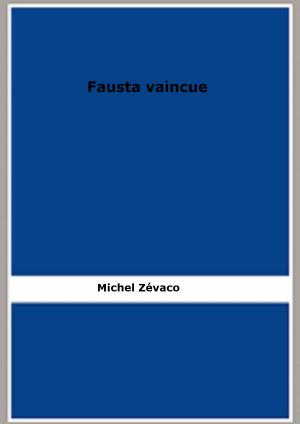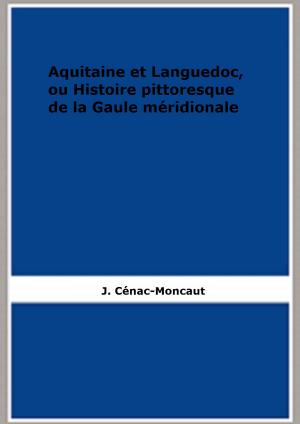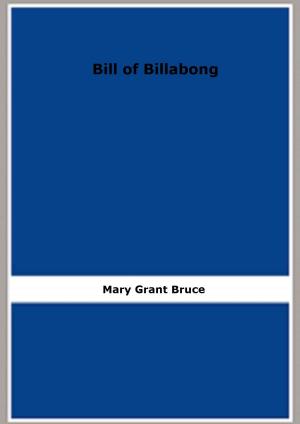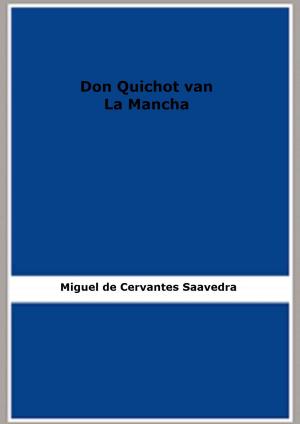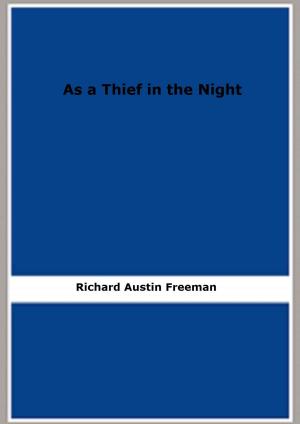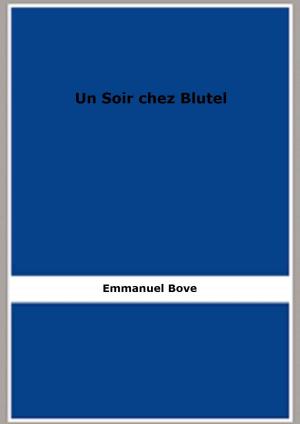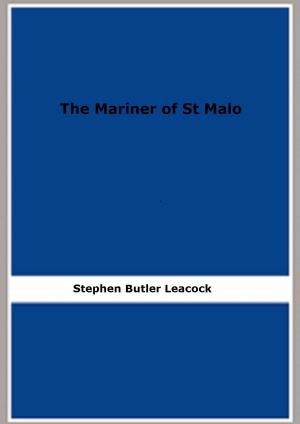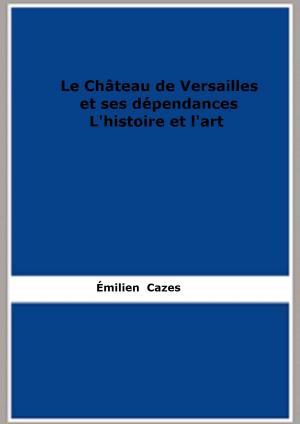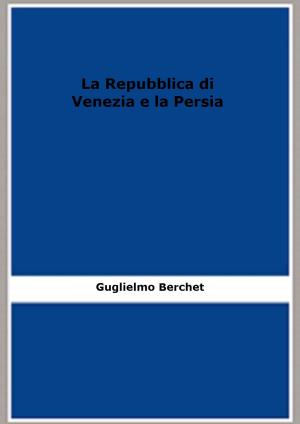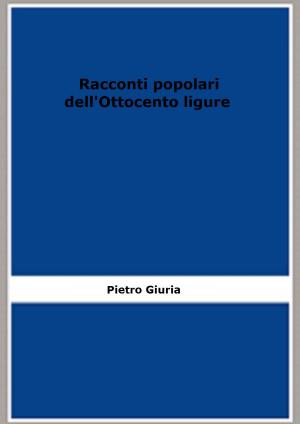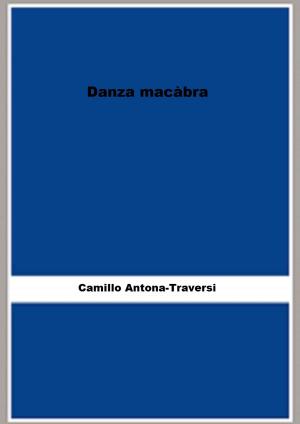The Romance of the Romanoffs (1917) (Illustrated)
Nonfiction, History, Asian, Russia, Biography & Memoir, Royalty, World History| Author: | Joseph McCabe | ISBN: | 1230002496955 |
| Publisher: | FB Editions | Publication: | August 24, 2018 |
| Imprint: | FB Editions | Language: | English |
| Author: | Joseph McCabe |
| ISBN: | 1230002496955 |
| Publisher: | FB Editions |
| Publication: | August 24, 2018 |
| Imprint: | FB Editions |
| Language: | English |
The history of Russia has attracted many writers and inspired many volumes during the last twenty years, yet its most romantic and most interesting feature has not been fully appreciated.
Thirteen years ago, when the long struggle of the Russian democrats culminated in a bloody revolution, I had occasion to translate into English an essay written by a learned professor who belonged to what was called “the Russophile School.” It was a silken apology for murder. The Russian soul, the writer said, was oriental, not western. The true line of separation of east and west was, not the great ridge of mountains which raised its inert barrier from the Caspian Sea to the frozen ocean, but the western limit of the land of the Slavs. In their character the Slavs were an eastern race, fitted only for autocratic rule, indifferent to those ideas of democracy and progress which stirred to its muddy depths the life of western Europe. They loved the “Little Father.” They clung, with all the fervour of their mild and peaceful souls, to their old-world Church. They had the placid wisdom of the east, the health that came of living close to mother-earth, the tranquillity of ignorance. Was not the Tsar justified in protecting his people from the feverish illusions which agitated western Europe and America?
Thus, in very graceful and impressive language, wrote the “sound” professors, the clients of the aristocracy, the more learned of the silk-draped priests. The Russia which they interpreted to us, the Russia of the boundless horizon, could not read their works. It was almost wholly illiterate. It could not belie them. Indeed, if one could have interrogated some earth-bound peasant among those hundred and twenty millions, he would have heard with dull astonishment that he had any philosophy of life. His cattle lived by instinct: his path was traced by the priest and the official.
The history of Russia has attracted many writers and inspired many volumes during the last twenty years, yet its most romantic and most interesting feature has not been fully appreciated.
Thirteen years ago, when the long struggle of the Russian democrats culminated in a bloody revolution, I had occasion to translate into English an essay written by a learned professor who belonged to what was called “the Russophile School.” It was a silken apology for murder. The Russian soul, the writer said, was oriental, not western. The true line of separation of east and west was, not the great ridge of mountains which raised its inert barrier from the Caspian Sea to the frozen ocean, but the western limit of the land of the Slavs. In their character the Slavs were an eastern race, fitted only for autocratic rule, indifferent to those ideas of democracy and progress which stirred to its muddy depths the life of western Europe. They loved the “Little Father.” They clung, with all the fervour of their mild and peaceful souls, to their old-world Church. They had the placid wisdom of the east, the health that came of living close to mother-earth, the tranquillity of ignorance. Was not the Tsar justified in protecting his people from the feverish illusions which agitated western Europe and America?
Thus, in very graceful and impressive language, wrote the “sound” professors, the clients of the aristocracy, the more learned of the silk-draped priests. The Russia which they interpreted to us, the Russia of the boundless horizon, could not read their works. It was almost wholly illiterate. It could not belie them. Indeed, if one could have interrogated some earth-bound peasant among those hundred and twenty millions, he would have heard with dull astonishment that he had any philosophy of life. His cattle lived by instinct: his path was traced by the priest and the official.
